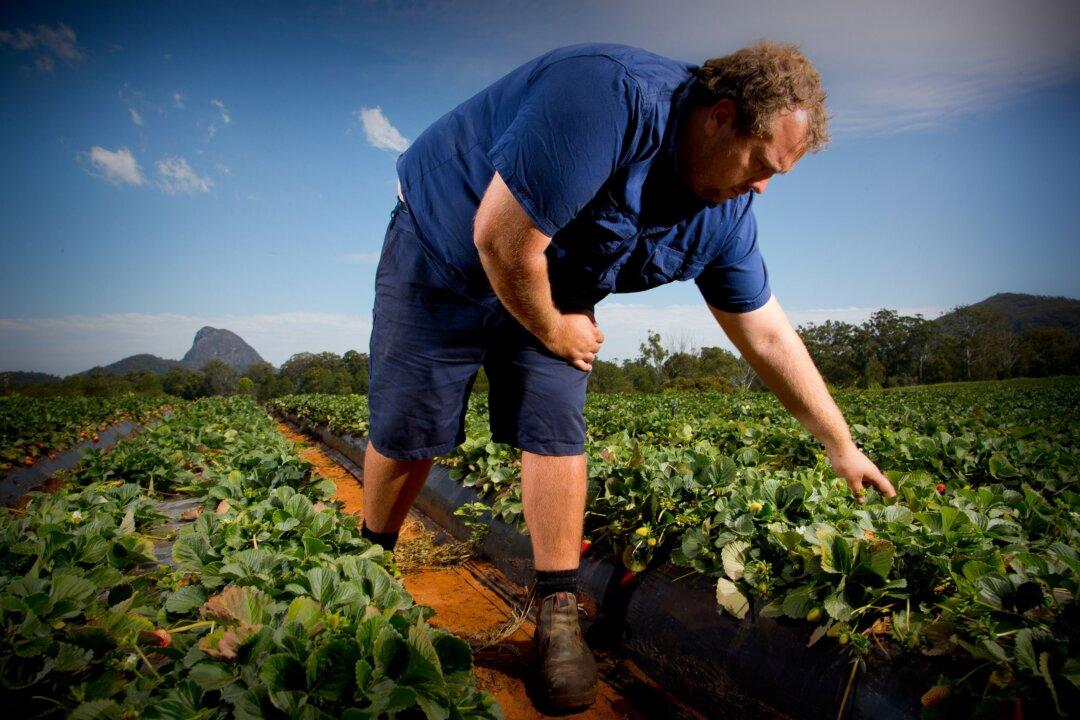A peak industry body has revealed that Australia’s food and grocery manufacturing sector is heading toward “extinction” amid challenging economic and market conditions.
During a recent Senate hearing, Australian Food and Grocery Council CEO Tanya Barden painted a bleak picture of the local industry.





